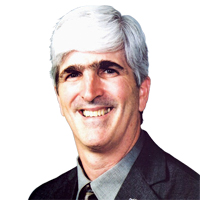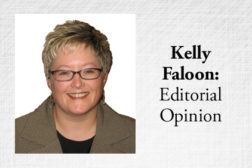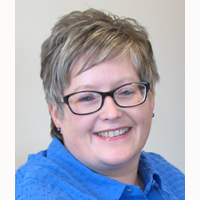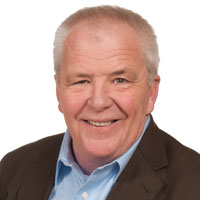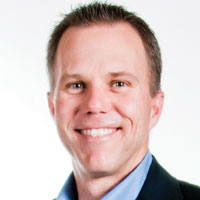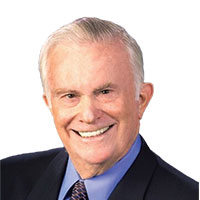Columns
Make sure to cull your leaded inventory before Jan. 4, 2014.
Read More
Veterans Day in the plumbing industry
How you can support our military veterans.
November 18, 2013
Are reps and distributors extinct?
Face-to-face customer service beats buying online in this business.
November 18, 2013
How to increase Facebook fans
My son increased his band’s page by 344%; you can, too.
November 18, 2013
No thanks lousy bathroom and fickle reps
What I am not thankful for this year.
November 18, 2013
Some ways to simplify hydronic systems
Less is best when it comes to hydronic heating systems.
November 18, 2013
How to minimize a lack of standards at your company
If I shot a video of your employees…
November 18, 2013
Why contractors need a field service management system
Here are five truths about plumbing and mechanical service businesses.
November 18, 2013
What’s your evaluation process for your business?
Effective evaluation and efficient action are tied directly to the success of your business.
November 18, 2013
U.S. housing recovery continues
Previous residential boom will not be replicated.
November 18, 2013
Keep your content unclogged with our newsletters!
Stay in the know on the latest plumbing & piping industry trends.
JOIN TODAY!Copyright ©2024. All Rights Reserved BNP Media.
Design, CMS, Hosting & Web Development :: ePublishing


